July 7, 2019 - How do big resorts minimise the inevitable environmental projects that tourism brings? A look at the approach from Falkensteiner Punta Skala, a little north of Zadar.
One of the most intriguing tours I have seen on my rounds along the Croatian coast this summer was during a stay at Falkensteiner Iadera in Petrcane, near Zadar.
The resort, the largest successful foreign investment on the Croatian coast and opened in 2011, lies on an idyllic peninsula free of neighbours in around 15 hectares of land. That sense of space and greenery and immersion in nature is one of the first and lasting impressions I had on my first visit a couple of years ago. Falkensteiner, in an effort to protect and preserve this divine slice of Dalmatian heaven, engaged international experts to come up with a complex eco-friendly structure to minimise the ecological footprint of the resort. And that unusual tour is a look 'behind the scenes' at how Falkensteiner does it.
You can view our plant, technical rooms and other areas that are normally closed to the public under the guidance of a trained professional. Our team at the front desk is available for registrations and information.
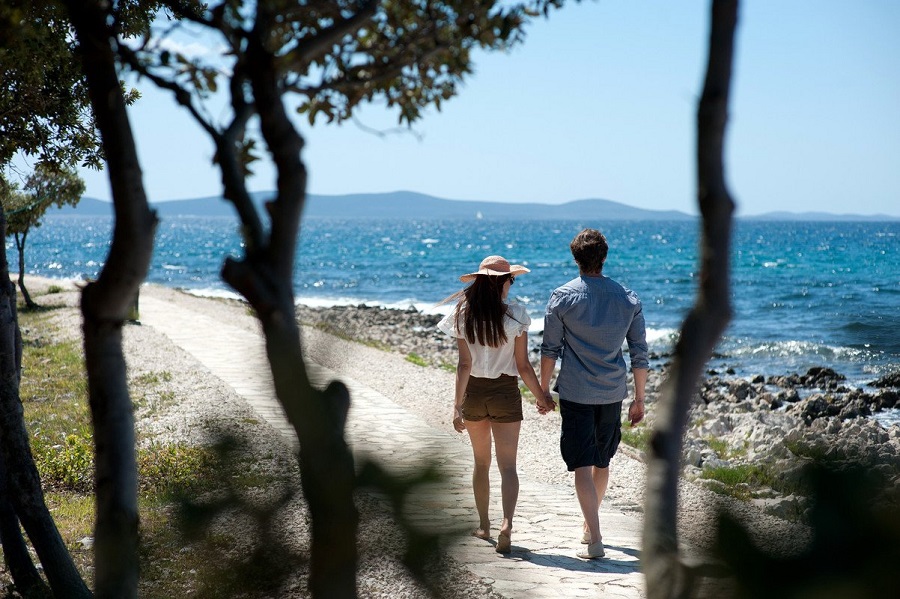
I didn't have time to do the tour this time, but will on my next visit, but I was sufficiently curious to research the subject a little further. As some hotels are championing their environmental credentials by stopping the use of plastic straws (bravo!), the system put in place by Falkensteiner is fascinating, and it largely contributed to the resort being one of three initial hotels and resorts to be awarded the UPUHH Superior Sustainable Hotel Certificate for its efforts in sustainability and environmental protection.
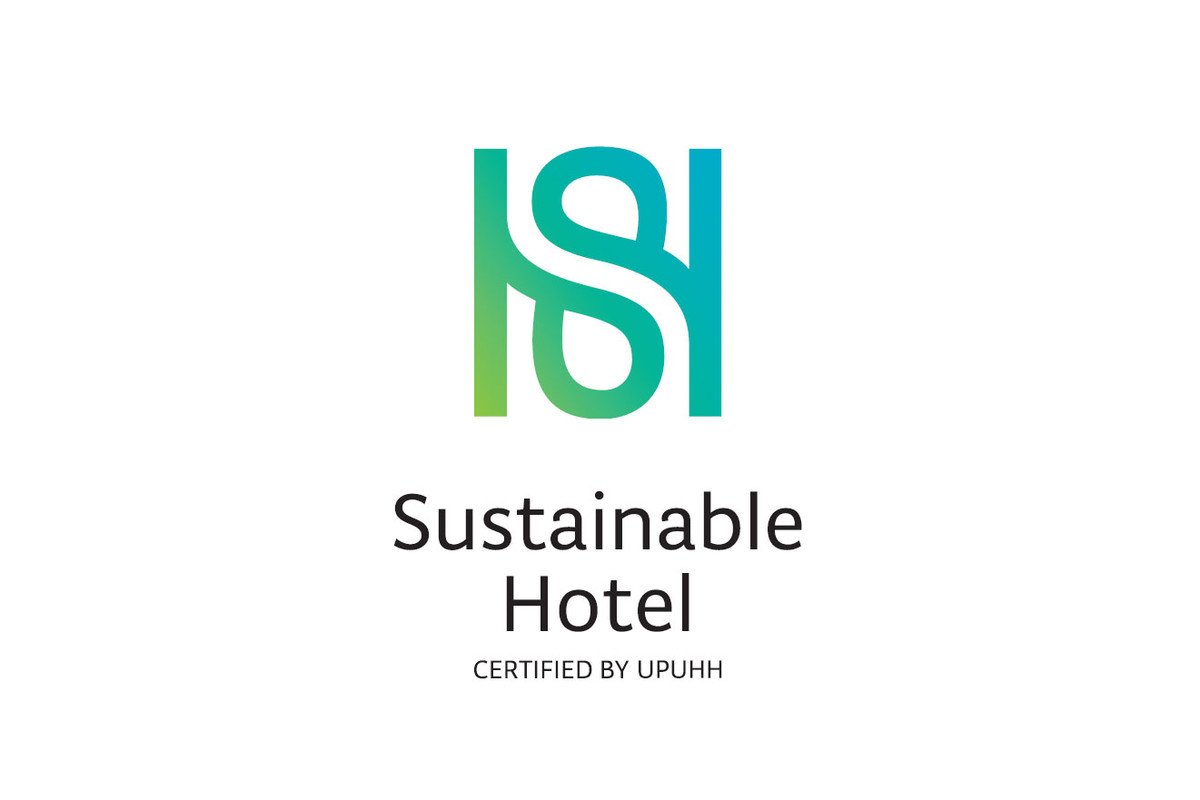
Of particular interest was the use of water in the resort. A water treatment plant supplies the resort with the water needed for daily use on the holiday peninsula and generates energy for heating and cooling. In addition, a completely organic purification system helps to preserve the environment.
Water pump: Seawater is pumped out of the sea and into the plant at a constant temperature.Water pump: Seawater is pumped out of the sea and into the plant at a constant temperature.
Energy generation: The seawater is used for cooling (in the summer) and heating (in the winter) in the hotels and the apartment complex. This reduces the need for fossil fuels.
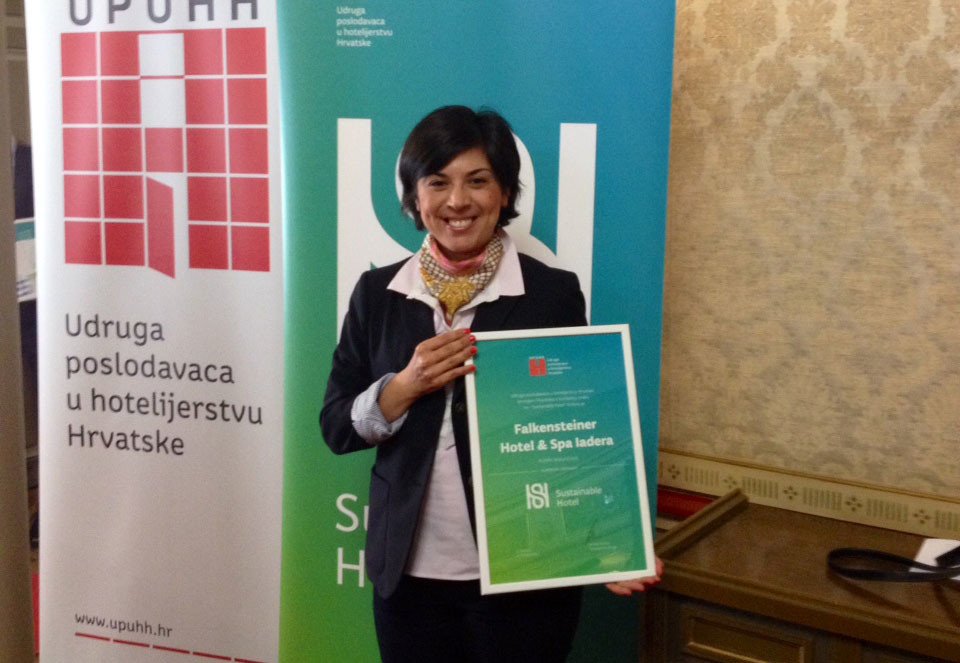
Desalination system: Part of the seawater is desalinated using an osmosis system and can be used as drinking water. The remaining water is diverted back into the sea.
Purification system: Wastewater is cleansed using a completely organic purification system and is stored with the collected rain water and the greywater from the swimming pools. The impotable water is then used for flushing toilets and for watering the gardens.
I can't imagine the expense of putting in such a system, but it is obviously a long-term investment which will pay off with the better protection of the natural goodness that attracts people in the first place.
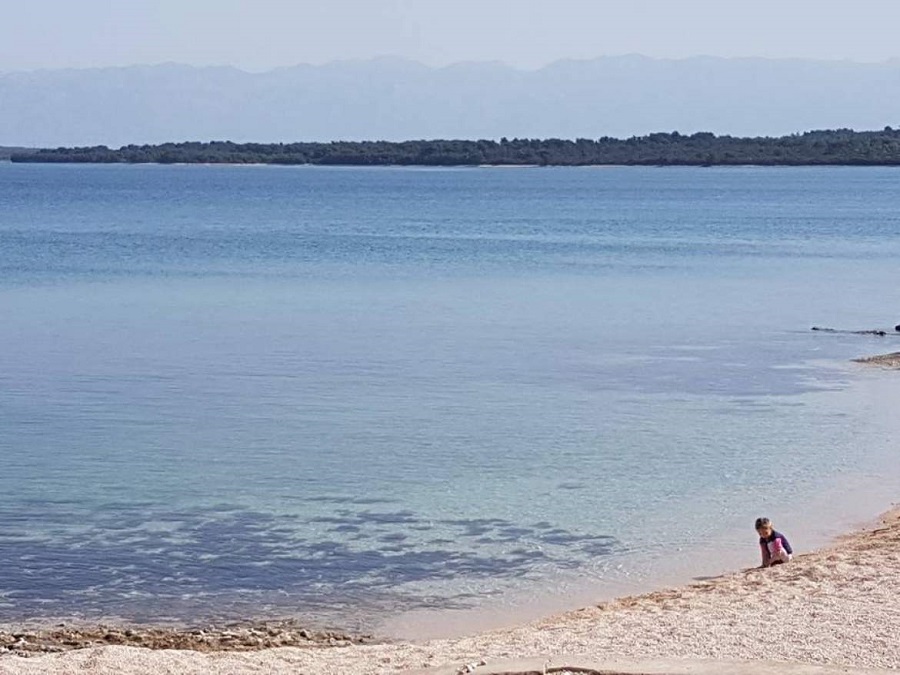
One of the attractions of the Falkensteiner resort is that it is largely car-free. On arrival, park your car in the centralised garages and then roam and enjoy the beautiful natural setting. The resort has also been very welcoming of the electric vehicle revolution, and there are four Tesla charging points.
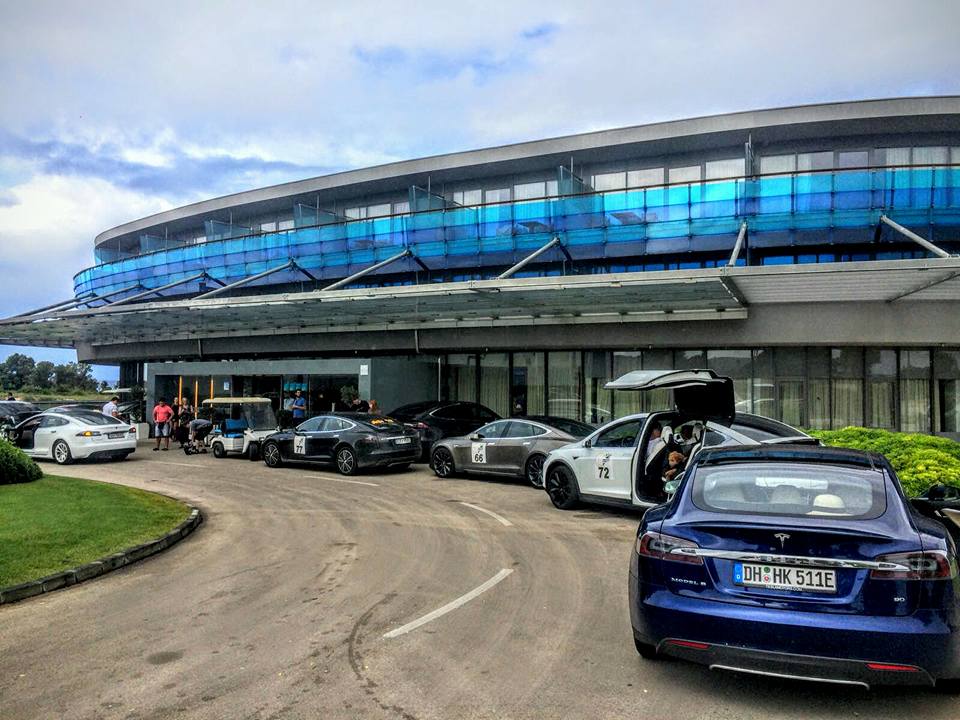
Falkensteiner Iadera was a very popular two-night stop on the 2018 Nikola Tesla EV Rally, when around 50 Teslas and other electric vehicles spent a relaxing 48 hours in Petrcane.
As with other hotels trying to improve their sustainability and reduce waste, from this season, Falkensteiner Punta Skala no longer uses disposable plastic, and its recycling system has been enhanced so that now everything is recycled.
And while I am sure there is still much more that can be done, it is encouraging to see some hotel groups taking the lead in protecting the environment and natural beauty that makes the Croatian coast so special.
To learn more about the Falkensteiner Punta Skala resort, visit the official website.


